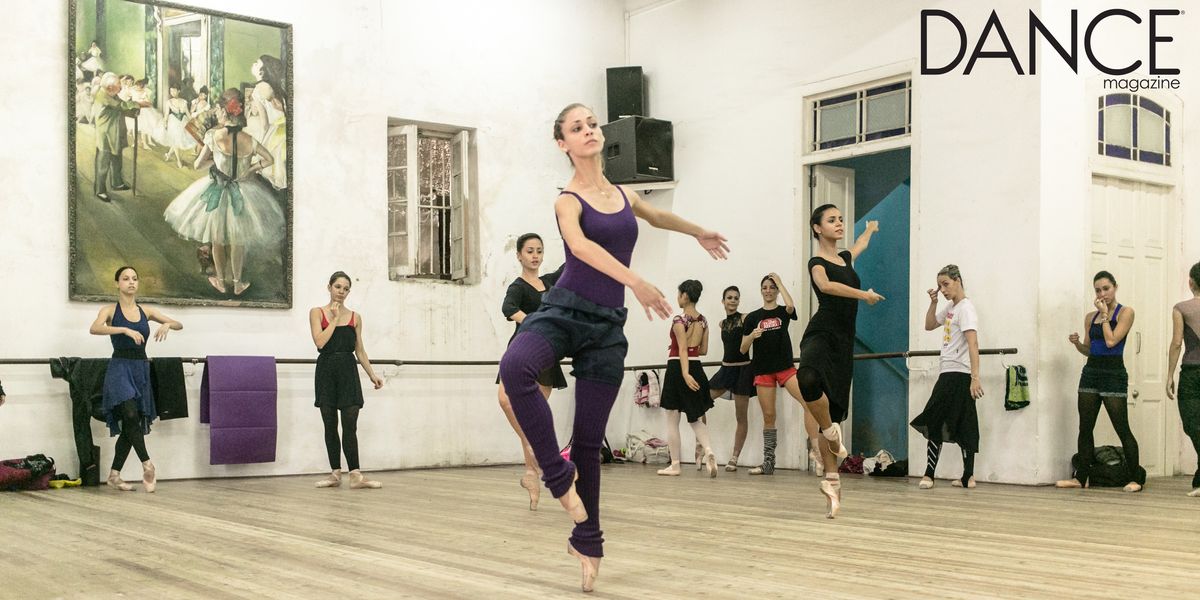Why Petit Allegro Isn't the Best Time for Problem Solving
Dancers often pride themselves on being multitaskers. Throw a complicated petit allegro combination at us, and we can execute the steps, all while remembering the counts, patterns, numerous corrections (heels down, sharper beats, less tension in hands), artistry, musicality, and, oh yeah, that we need to breathe. Okay, who are we kidding? Sometimes things do fall apart.
A recent study from Scientific Reports reminds us that when it comes to combining rigorous physical and mental pursuits, something’s gotta give.
Researchers from Cambridge University wanted to learn exactly what declines when we task ourselves with too much. The brain or the body?
To find out, they observed how elite rowers fared when they were guided through a memory test, a three-minute sprint on a rowing machine and, lastly, a combination of both tasks. Unsurprisingly, when the rowers were instructed to do the physical and cognitive activities simultaneously, they didn’t remember as much or row as powerfully as they had during the individual tests.
But which practice suffered more? The body. When the athletes were asked to play a memory game while rowing, their rowing power decreased by nearly 13 percent, and their rowing performance declined 30 percent more than their intellectual performance.
The researchers gather that the “brain win” could be due to how humans evolved—that our intellectual prowess helped us more so than our musculature. And thinking is hard work: The brain needs more calories to fuel its operations than almost any other type of tissue in our body, and it gets hungrier when it’s engaged in hefty mental tasks.
For dancers, the findings are a subtle reminder that while we can do a lot, we can’t do everything equally well all the time. If choreography requires you to go all out, it’s not the best idea to start problem solving something else or mentally planning your grocery list for dinner ingredients. Try to do too much and your dancing will likely deteriorate. The bottom line—and perhaps a sentiment you’ve heard from teachers before: Don’t dance distracted.




